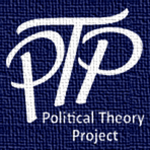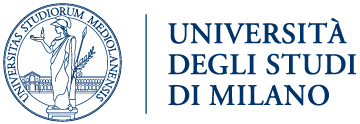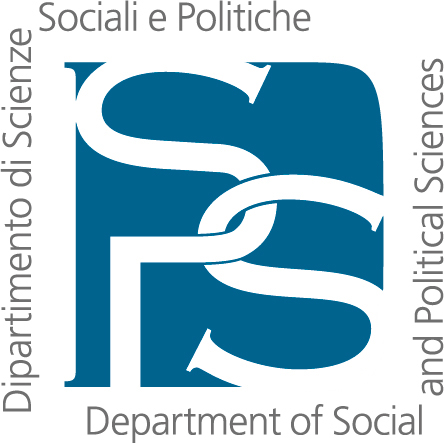Irene Vanini

PhD Student
Department of Social and Political Sciences
Via Conservatorio 7, 20122, Milano, Italia
Email: irene.vanini1@unimi.it
Research Interests
Research Project
Pluralism and Political Disagreement: Between Idealism and Realism
Abstract
Italiano: Il cuore della mia ricerca è un’analisi teoretica che risponde alla domanda: in che modo le società democratiche contemporanee devono affrontare il fatto del pluralismo e i disaccordi insanabili riguardanti le scelte politiche? Uno dei miei scopi principali è quello di identificare i meriti e le lacune delle due principali strategie alternative nella letteratura contemporanea, ossia il liberalismo politico di John Rawls e la teoria del modus vivendi, rispettivamente rappresentanti degli approcci idealista e realista nell’ambito della teoria politica normativa. Sostengo che, benché la nozione di consenso tipica del liberalismo politico sia troppo robusta e difficilmente realizzabile, un mero accomodamento strategico di poteri in equilibrio (un modus vivendi) non riflette in modo sufficiente la presenza di ragioni morali che determinano almeno parzialmente i meccanismi sociali. Ciò che la mia ricerca vuole mostrare è che entrambe le strategie guardano al disaccordo esclusivamente come un ostacolo al consenso e una minaccia alla stabilità sociale. Per questo motivo il mio scopo è di esplorare una prospettiva normativa che dia valore al disaccordo, concependolo come una risorsa (e non un problema) del dibattito politico e del discorso pubblico. L’obiettivo è tracciare la cornice di un approccio che, da un lato, mantenga il pluralismo nella sua forma fattuale senza disciplinarlo tramite un criterio morale imposto dall’esterno (diversamente dal polo idealistico) e, dall’altro, riconosca gli stimoli morali degli individui come cruciali nel raggiungimento dell’ordine, della stabilità e di termini di cooperazione che siano a un tempo praticabili e desiderabili. English: My research focuses on contemporary democratic societies and it aims at analyzing, from a theoretical point of view, how they should cope with the fact of enduring pluralism and irreducible disagreement about moral and political matters. A preliminary goal is to identify the merits and weaknesses of the two mainstream alternatives in contemporary literature, i.e. Rawlsian political liberalism and the theory of modus vivendi, respectively representatives of the idealist and realist approaches in normative political theory. I claim that while the notion of consensus typical of political liberalism is too strong and hardly achievable in reality, the merely strategic appeasement of respective forces represented by modus vivendi does not account in a satisfactory way for moral reasons that are present in the public debate and trigger social mechanisms. My research wants to show that one way or the other, disagreement is taken into consideration only as an obstacle to the achievement of consensus and as a threaten to social stability. My goal is to explore an original path between these mainstreams and to look for a normative perspective able to restore the worth of disagreement by conceiving it as a resource for the progress of public discourse and political debate. Contrary to the idealistic extreme, pluralism should not be filtered through an externally imposed moral criterion. Contrary to the realistic extreme, moral motives and inspirations that prompt citizens to search for acceptable terms of cooperation are to be recognized as decisive for the achievement of order under conditions that be at one time desirable and practicable.
Latest Pubblications
“Le implicazioni metateoriche del confronto tra Habermas e Rawls del 1995 sul concetto di posizione originaria”. ACME 65, 2 (2012): 283-293


